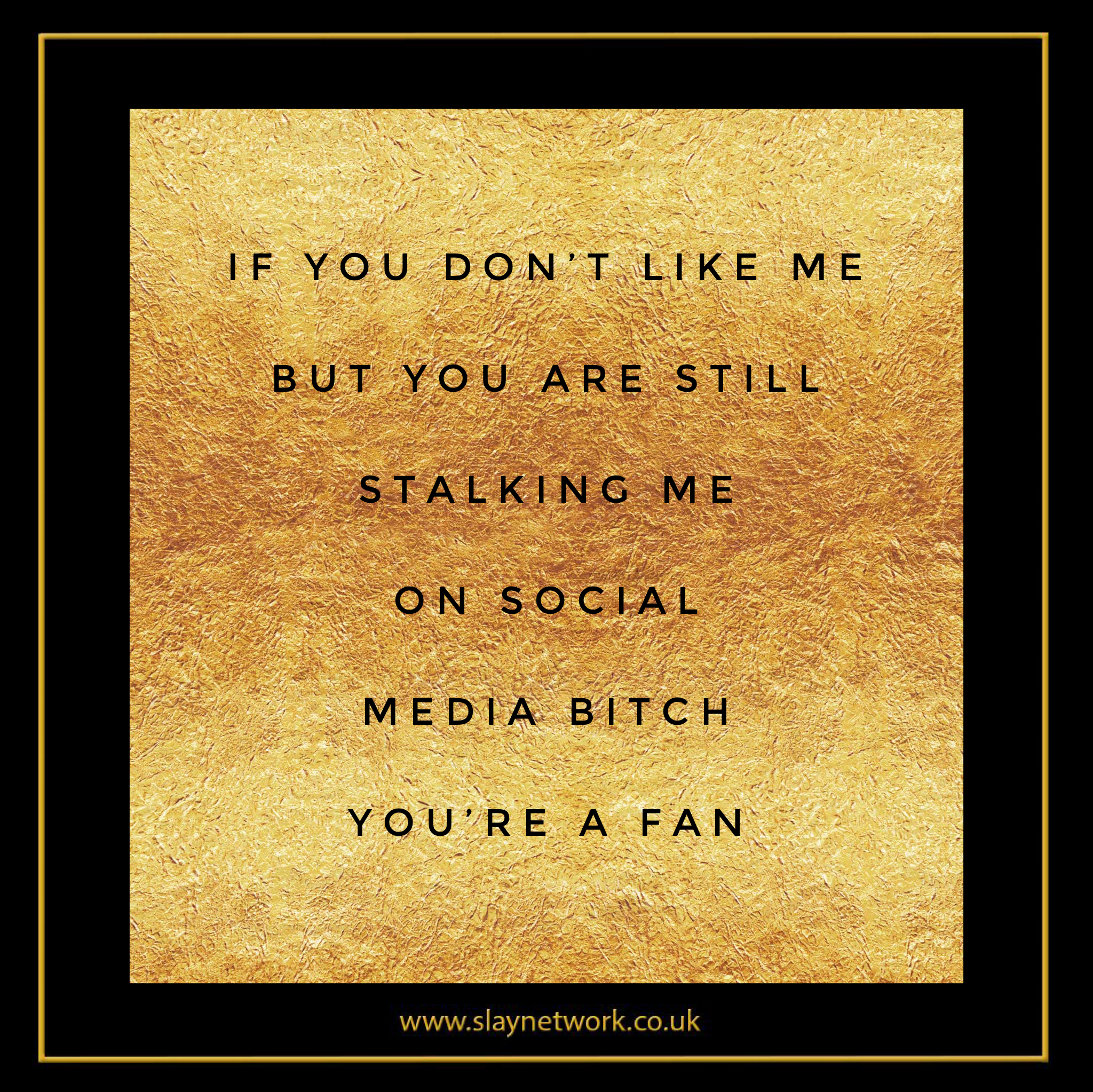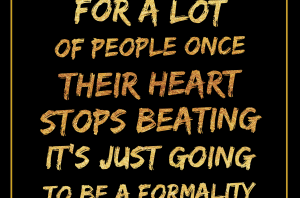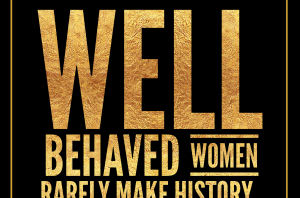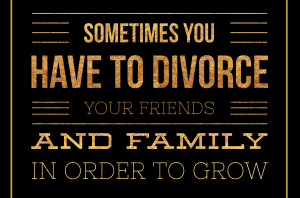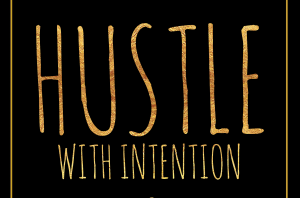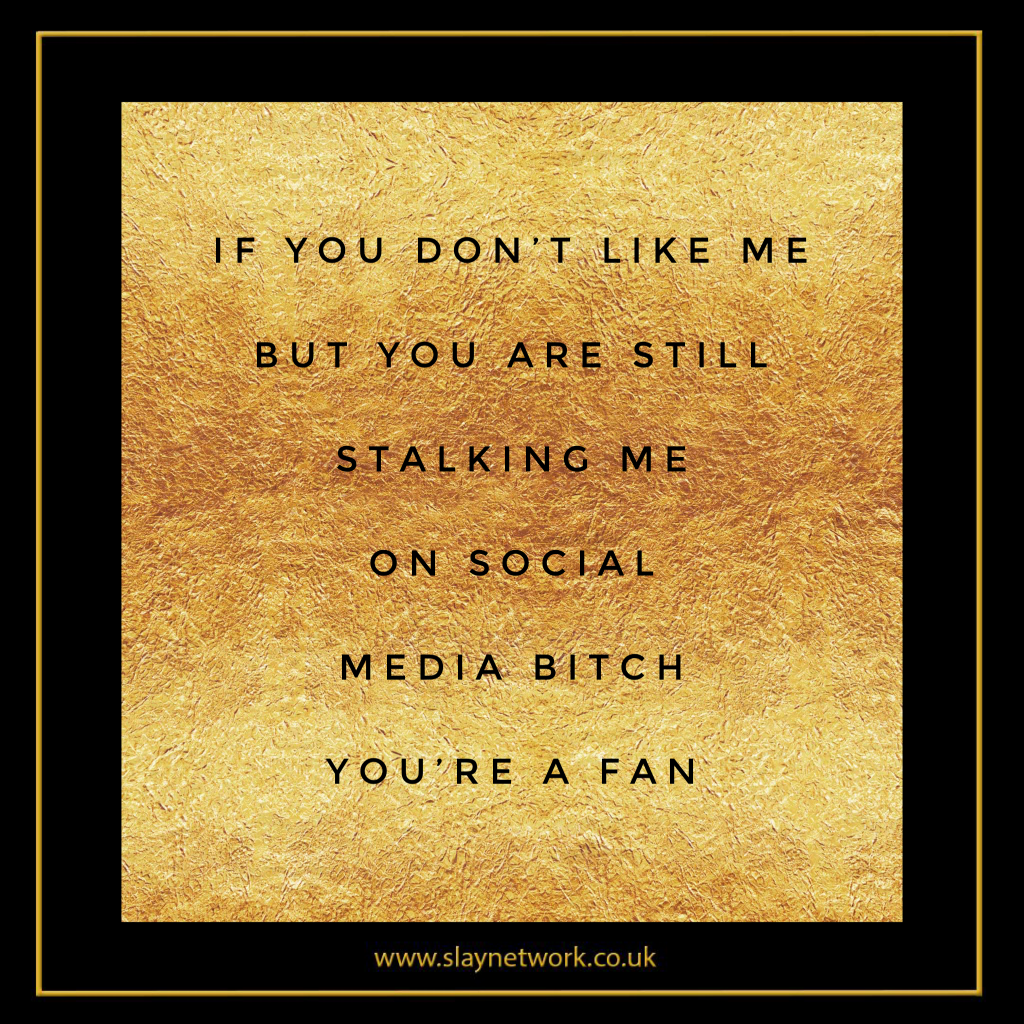
Six years ago, my boyfriend left me for another woman. That’s when I became an Instagram ‘stalker’.
I felt like I needed to know what Reena* had that I didn’t. I wanted to understand what she was like and why my boyfriend had left me for her. Was she a 6ft blonde who practised Tai Chi every day, while 5ft me sat at home watching Netflix? Did she cook amazing dinners while I was ordering take aways?
At first I tried not to look at her social media profiles as I knew it would just upset me, but in the end I typed her name into the Facebook search bar. I scrolled through her photos of #AvocadoOnToast and quirky quotes, scrutinising every detail. I analysed her fashion sense, and checked out how she looked in a bikini. I meticulously examined every selfie, from her pore size to her frown lines. I even looked at what pages she had followed and liked, to get a sense of her interests and opinions.
It was devastating. Her hair was perfect, even in tagged photos, and all her checked-in locations showed her hosting charity events. I felt awful – how could I possibly compare to her? – but I didn’t stop.
Six years later, I’m still ‘stalking’ Reena on social media – by which I mean I’m not stalking her in the criminal sense, I’m just obsessively following her online updates. I found her Instagram, her friends’ accounts, and even her sister’s account to see what her upbringing was like.
Call me crazy, but I know I’m not the only one. How many of us can honestly say we’ve never trawled through the social media feeds of our exes, their new partners, or that friend you fell out with years ago?
With so much information at our fingertips, it’s not hard to build up a clear picture of someone’s life – even if they’re a complete stranger. You can find out where they live, work, and regularly hang out, all thanks to social media.
For me, it’s become a kind of hobby. A few times a day, I check up on Reena, my exes and their girlfriends, and my current boyfriend’s ex. I just tap on their Instagram and watch their lives play out through photos and Insta stories.
In real life, I’d probably get arrested for following someone so intensely – if I was following them on nights out, or looking through their bins to see what they’ve been eating, and tracking their every move each day. But that’s the beauty of social media: you can be unbelievably nosey without any consequences.
The people I regularly ‘stalk’ have no idea what I’m doing (so far), and private Instagram or Twitter accounts have never been an issue for me. If I stumble across one, then I just log on to my fake account, and friend request them.
I made my fake Instagram profile in 2012 when I discovered Reena’s account was private. I created my new persona – a wildlife photographer (most people like animals and see it as a harmless account to have following you). Over the years, my second account has become more and more realistic. I’ve pulled a large collection of wildlife photos off the internet and built up a following of 860 people.
I love doing it. I love the insight it gives me into someone’s life. I know I’ll never know who these people really are, because what people choose to post online can be completely different to their real lives. But that’s what makes ‘stalking’ even more intriguing for me. I have to read between the lines, from what hashtags they use to what food pics they share, to try to build up a picture of them. I analyse the snippets they share online as seriously as I analysed literature at school.
Knowing what my ex’s new girlfriend does in her spare time has become a benchmark for my own ego. ‘Oh she ran 6 miles the other day? Well I can beat that.’ It’s not logical, and it’s probably not very good for me, but I want to make sure that I’m doing better than my cheating ex (and his new girlfriend), and the only way I can do that is by spying.
Dr Emma Short, from the National Centre for Cyberstalking Research at the University of Bedfordshire, says that extreme online ‘stalking’ can dramatically affect our mental health. “Even if you’re not actually contacting a person, looking for details of their lives obsessively can be harmful to you,” she says. And, she adds, “If you’re making no contact with them and they are unaware of it, it’s still quite predatory behaviour.”
Spying on someone without their knowledge and compiling information on them has long been seen as a “dangerous behaviour,” she says, and, in her view, “gathering information online is no different.”
It’s completely legal to look at someone’s profile hundreds of times a day, if you want to. Dr Short’s research says that it only becomes a crime when “you make continued, persistent, unwanted contact with a person which causes them fear and distress.”
In other words, you can check their Insta stories and tagged locations whenever you want, but if you start getting in touch with them repeatedly to the point where it could upset them, it could become a crime under the Public Order Act, the Harassment Act, or the Malicious Communications Act.
I never contact any of the people I ‘stalk’. I know running a fake account is extreme, though. So far, it’s always worked. Everyone has accepted my friend requests. It means my true identity is hidden when I look at people’s Insta stories (Instagram reveals who looks at your stories), and my fake profile can ‘like’ as many posts as she wants. I know this crosses a line, but until the day Instagram verifies user profiles, creating fake accounts will remain easy.
If I’m honest, I’m addicted to my social media ‘stalking’. Instagram’s search feature means that my main ‘stalkees’ stay at the top, so I can always see their latest activity. I probably spend at least an hour a day looking at their feeds, and if someone has a new notification, I feel like I need to check it out.
But Dr Short is right: it doesn’t always make me feel good. Sometimes, it makes me feel terrible. It stung to discover that my ex had proposed to Reena. Why did he choose her and not me? I get that it might be better for me to just let things go – maybe I wouldn’t have cared as much if I didn’t know so much about her – but my curiosity always gets the better of me. I can’t seem to stop myself from looking at her Instagram just to see whether she and my ex still seem happy (they do).
I might be one of the few people admitting to Insta ‘stalking’, but there’s no doubt that lots of us do it – to a greater or lesser extent. There’s something about secretly having all this knowledge about someone that feels empowering. It might not be healthy, but I’m not getting rid of my fake profile yet.
*some names have been changed.
Source BBC

